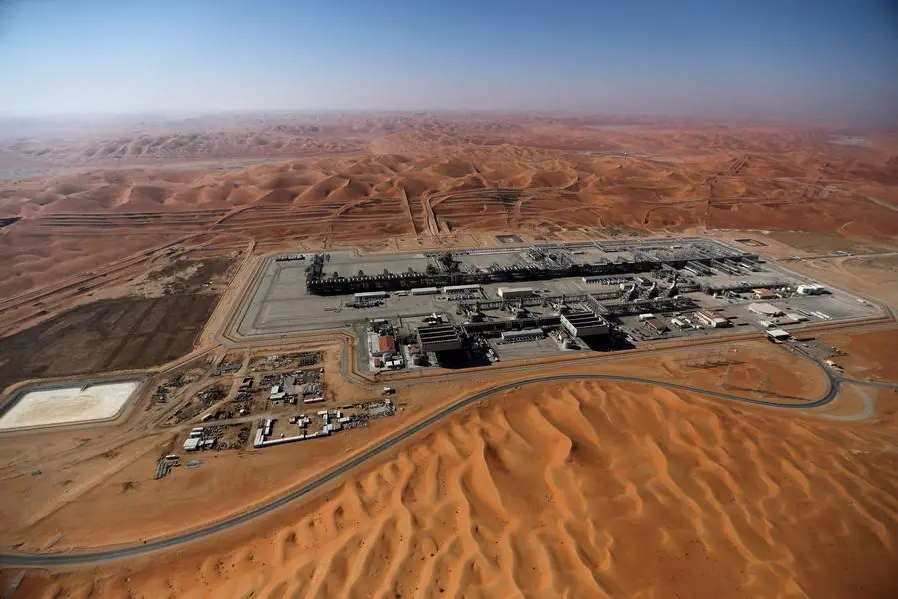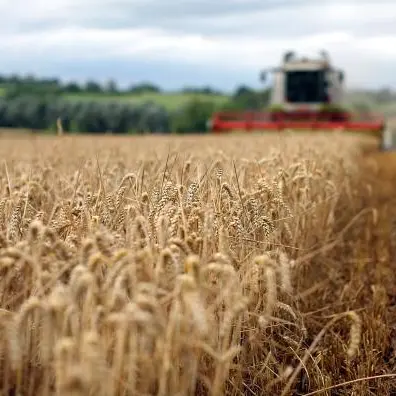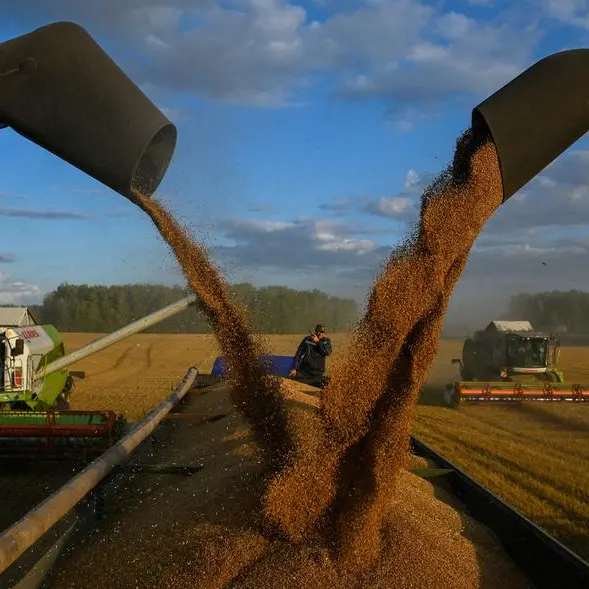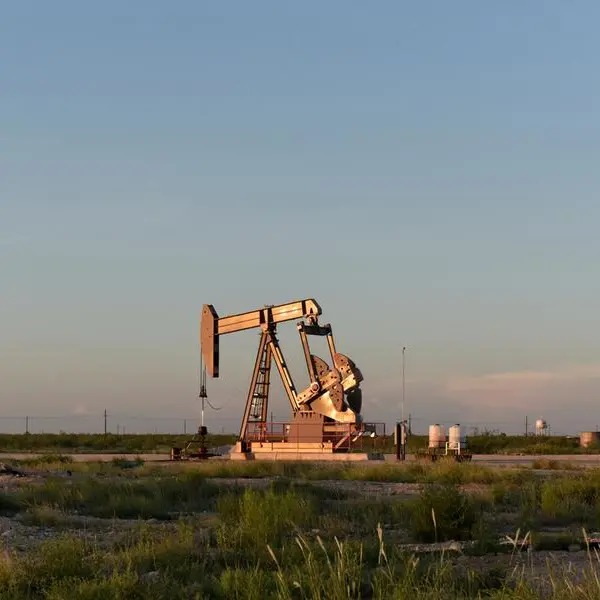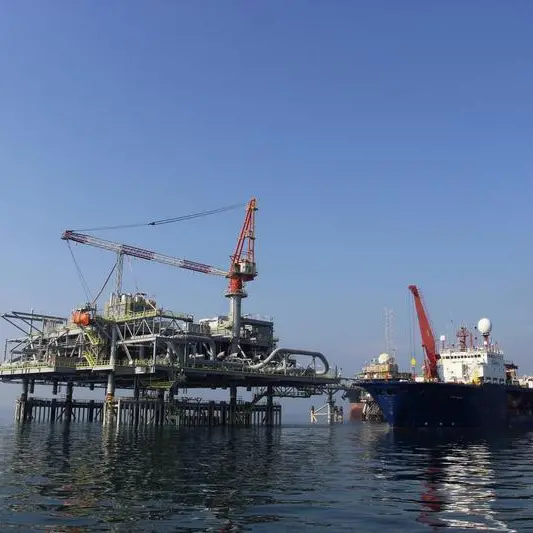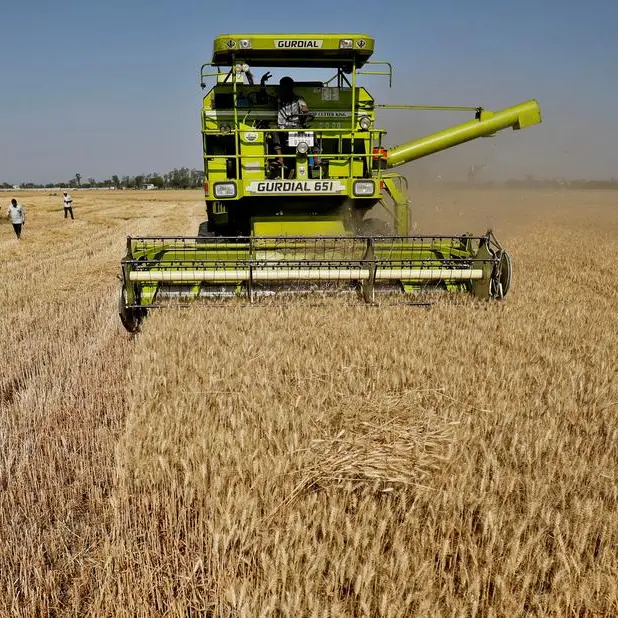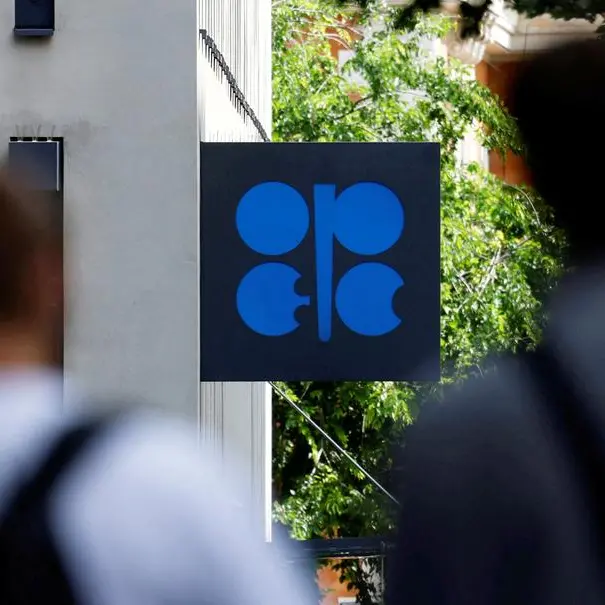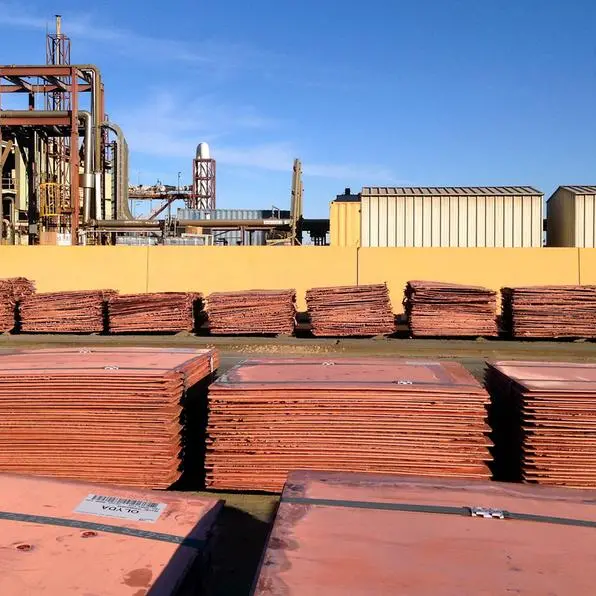PHOTO
HOUSTON - U.S. imports of crude oil from Saudi Arabia hit a near four-year low last week, U.S. government data showed on Wednesday, as Canada's Trans Mountain pipeline sent more oil to the U.S. West Coast.
The $24.84 billion Trans Mountain pipeline (TMX) expansion started in May, nearly tripling capacity to Canada's Pacific Coast to 890,000 barrels per day and changing global trade flows.
U.S. imports of Saudi crude fell to 13,000 bpd in the week to Oct. 25, according to U.S. Energy Information Administration data released on Wednesday. The imports were set to finish October at 160,000 bpd, the second lowest month on record, data from ship tracking firm Kpler showed.
West Coast refiners cut their Saudi crude imports to 23,000 bpd in October, the lowest on record, and the total for 2024 likely will average around 50,000 bpd, about 63% below last year, according to the Kpler data.
Meanwhile imports of crude oil from Canada reached a record high in July following the start of TMX .
Refineries owned by Marathon Petroleum in Los Angeles and Anacortes, Washington, and by Phillip 66 in Ferndale, Washington - all purchasers of Saudi crude last year - have been large buyers of Canadian crude in 2024.
"Increased TMX flows into U.S. West Coast kept Saudi barrels away from those markets," said Rohit Rathod, an analyst with ship tracking firm Vortexa.
However, shipments of Saudi crude to the U.S. Gulf Coast are expected to continue as Saudi Aramco supplies crude to its Texas-based Motiva refinery.
Several supertankers carrying Saudi crude were headed to the U.S. Gulf Coast, and the weekly import drop reflected in part timing issues, Kpler analyst Matt Smith said.
Saudi Aramco, the world's top oil exporter, cut October prices for flagship Arab light crude to Asia to a near three-year low on demand concerns, while price cuts to the U.S. were much smaller.
"Saudi Aramco was sending barrels to Asia and Europe in August and they had to keep some barrels domestically for power generation, hence, they cut the barrels going to North America," Rathod said.
(Reporting by Arathy Somasekhar in Houston; Editing by Jan Harvey)
